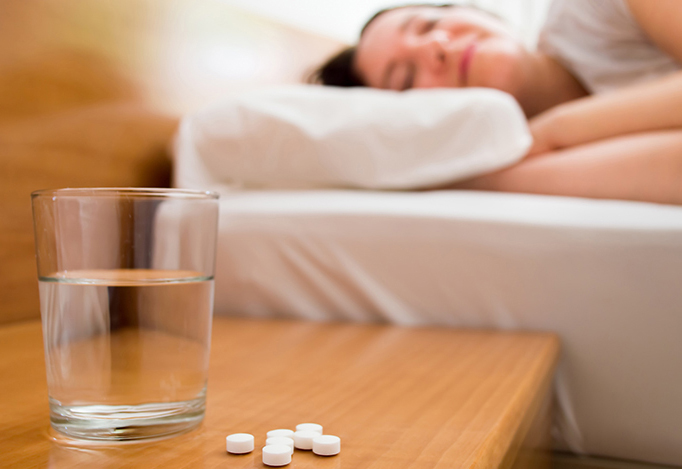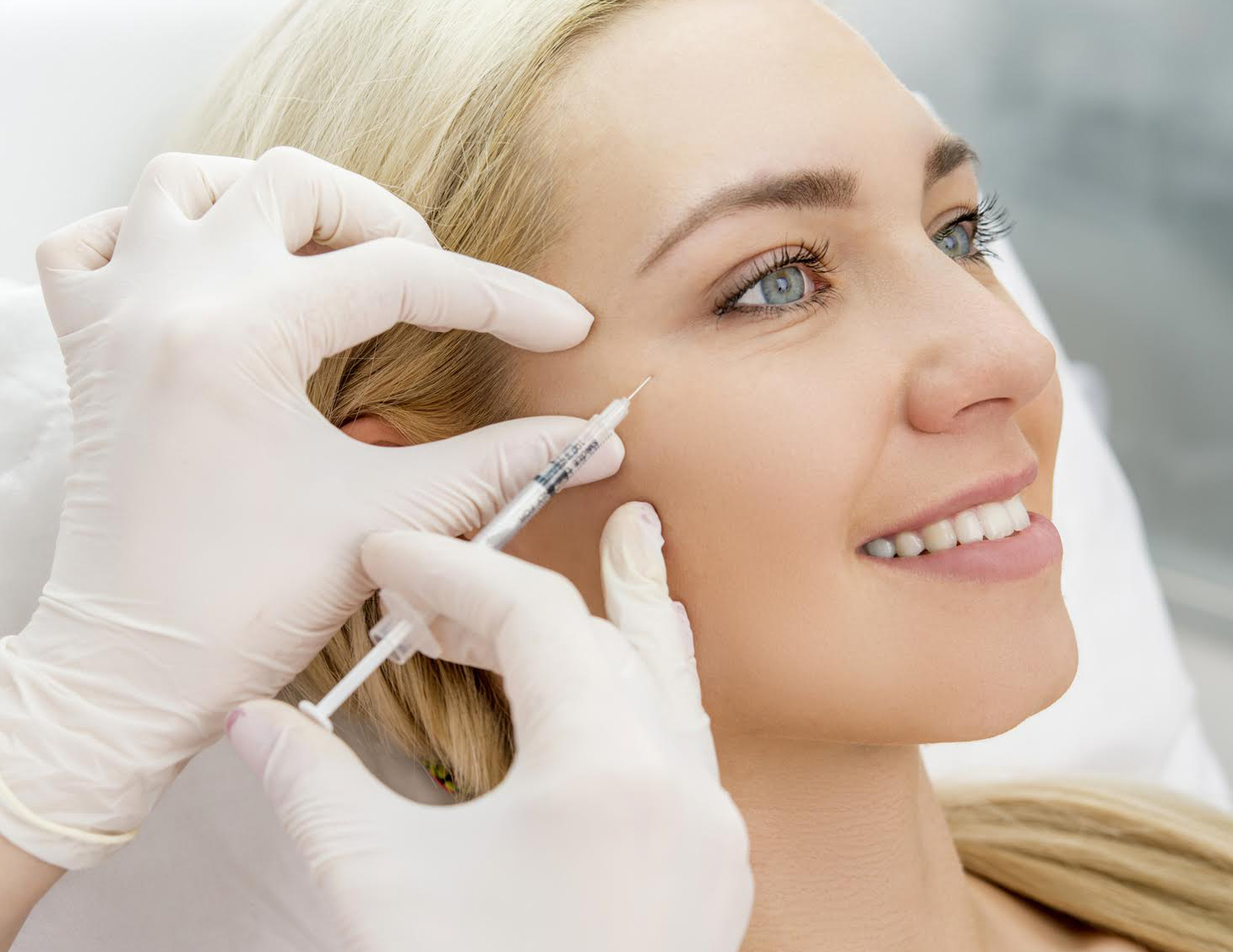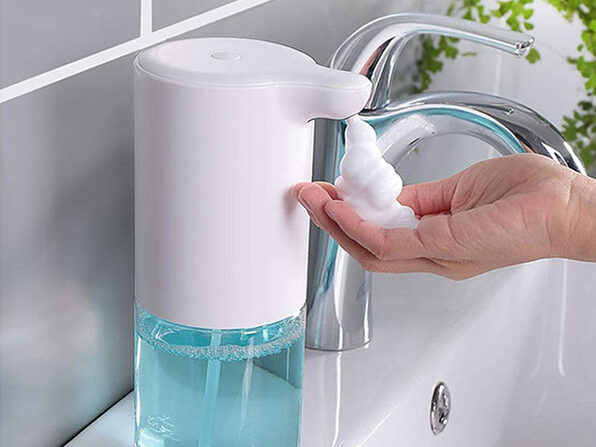Sleep is a vital aspect of addiction recovery, as it plays a crucial role in physical and mental well-being. Research has shown that individuals in addiction recovery who experience poor sleep have a higher risk of relapse and increased cravings for drugs or alcohol. On the other hand, getting enough quality sleep can improve overall health and make it easier to manage the challenges of addiction recovery.
One of the key benefits of sleep for individuals in addiction recovery is that it helps to reduce cravings. During sleep, the brain is able to process and consolidate memories, which can make it easier to resist temptations and triggers associated with drug or alcohol use. Additionally, sleep helps to reduce stress levels, which can also contribute to cravings and the urge to use.
Physical and Mental Health:
Another benefit of sleep in addiction recovery is that it helps to improve overall physical and mental health. You can also prefer recovery centers like the rehab clinics in Bedfordshire. Sleep plays a vital role in repairing and rejuvenating the body, which can help to improve energy levels and reduce feelings of fatigue. Additionally, sleep can also help to improve mood, reduce anxiety and depression, and improve cognitive function.
To ensure that individuals in addiction recovery are getting the best quality sleep possible, there are several tips and strategies that can be used. These include:
- Establish a regular sleep schedule: Setting a regular sleep schedule can help to regulate the body’s internal clock, making it easier to fall asleep and wake up at the same time every day.
- Create a comfortable sleep environment: This includes making sure the bedroom is cool, dark, and quiet, and that the bed is comfortable.
- Avoid using electronic devices before bedtime: The blue light emitted from electronic devices can interfere with the body’s production of melatonin, making it harder to fall asleep.
- Avoid consuming caffeine, nicotine, or alcohol before bedtime: These substances can interfere with sleep and make it harder to fall asleep.
- Engage in a relaxing bedtime routine: This can include activities such as reading, meditating, or journaling, which can help to calm the mind and prepare the body for sleep.
- Practice good sleep hygiene: This includes making sure the bedroom is dark, quiet and cool, and that the bed is comfortable, and use of white noise machines, ear plugs, or eye masks can help to block out any unwanted noise or light.
Seek professional help if needed: If individuals in addiction recovery are experiencing difficulty sleeping, they should speak to a healthcare professional, who can help to identify the underlying cause and recommend appropriate treatment options.
Conclusion:
In conclusion, sleep plays a vital role in addiction recovery, as it can help to reduce cravings, improve overall physical and mental health, and make it easier to manage the challenges of addiction recovery. By implementing good sleep hygiene and seeking professional help when needed, individuals in addiction recovery can ensure that they are getting the quality sleep they need to support their recovery journey.
















